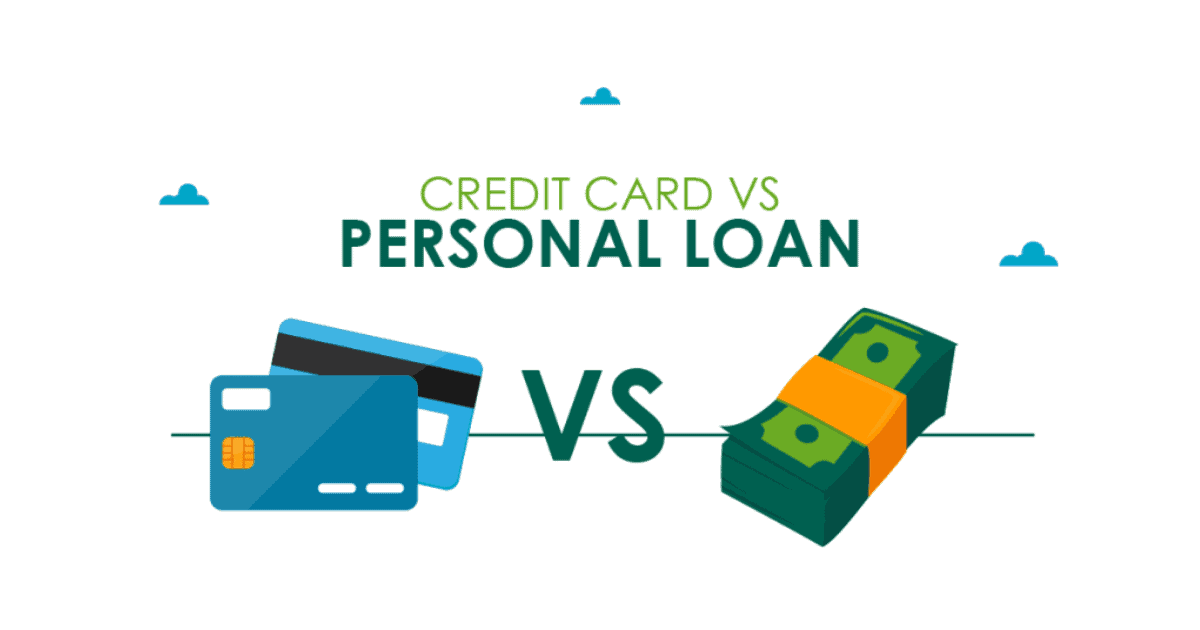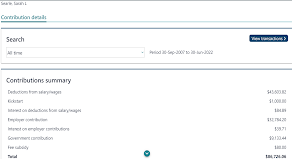Should I get a personal Loan or a Credit Card? What is the difference? How do I get out of trouble with either?
Should I get a personal loan or a credit card? What is the difference? What is the better option?
This is a subject of confusion for many people. It is a bit like the difference between a direct debit and an automatic payments: https://draft.blogger.com/blog/statspost/all_time/1922579775687278317/5890095679920893730 Until anyone explains to you the difference you have no way of knowing.
Today I am going to explain the difference between credit cards and personal loans.
- When it comes to repayments there are a number of issues at play.
- A personal loan has set payments for a set amount of time. Payments remain the same (provided they are made ontime each month) regardless of if you are at the beginning or end of the loan.
- A credit card has minimum payments that differ each month depending on interest rates, how much is owing in total and a number of other issues.
- Early repayments
- A personal loan may penalise you for early repayments, they may have a break fee to help reimburse the loan company for interest they will lose by paying the loan early.
- A credit card will not penalise you for early repayments and will only charge on the outstanding balance each time.
- Loan term
- A personal loan has a specified loan term, it has a start date and an end date, it will not go any longer than that without authorisation from you and provided you make regular identical payments on time.
- A credit card has no loan term, it will continue compounding interest for as long as it is not paid off in full. A minimum payment on a $5000 credit card each month will take 50 years to pay it off, provided you don't spend any more money on it.
- Interest calculation
- A personal loan has its interest calculated once, at the beginning of the loan and it is added onto the total to be repaid.
- A credit card has interest calculated daily, at a high interest rate, on any amount not paid by the due date each month. If you withdraw cash on the credit card the interest rate is higher and starts from the day you withdraw the cash.
- Best way to pay off
- A personal loan is best paid off as per the original conditions of the loan, stick to the repayments and just pay it off. There is often temptation to refinance or debt consolidate, however, what many people do not realise is the interest is charged and paid in the first payments, if you refinance you are getting charged interest again.
- A credit card is best paid off by using it as much as possible, funnel your money through it. You have a budget, stick to it, but pay bills with the credit card instead of the debit card. So if you spend $500 per week on bills and groceries (not rent, mortgage, or debt management), then pay $500 into your credit card (that is considered a payment) and then spend $500 on your bills (which isn't due to be paid until the next cycle). Before you know it your credit card will be paid in an ongoing cycle, so there is no minimum payment and no interest to pay each month. You still have a debt but it costs you nothing. https://granniesarahssolutions.blogspot.com/2023/04/how-can-i-pay-no-interest-on-my-credit.html




Comments
Post a Comment